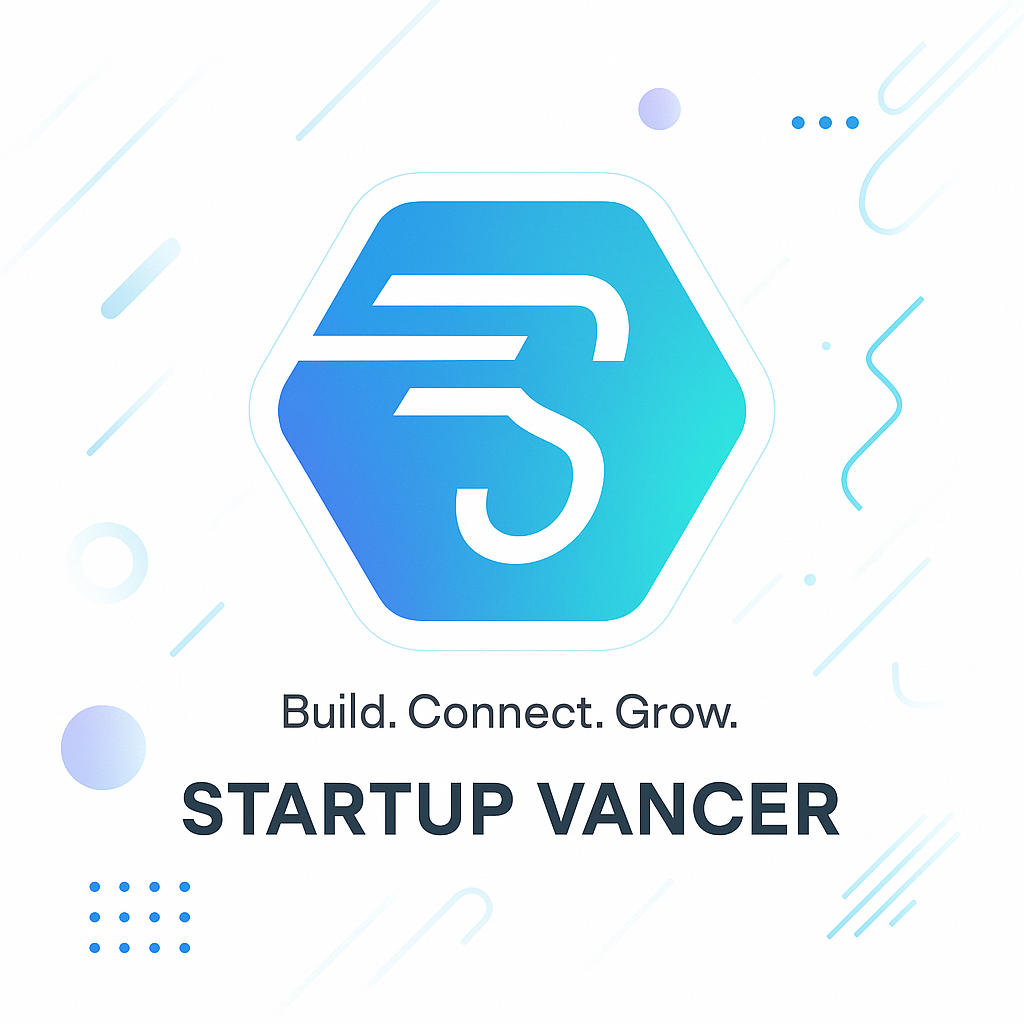
When embarking on your entrepreneurial journey, selecting the right co-founder can significantly influence your startup’s success. A well-aligned founding team not only enhances productivity but also fosters a supportive environment where ideas can flourish. Therefore, understanding the nuances of partner selection is critical. In this guide, you will learn how to identify complementary skills within your cofounder team, ensure alignment in vision and values, and establish essential legal agreements early on. By focusing on these key areas, you can avoid common pitfalls and set a strong foundation for your startup’s future.
Identifying Complementary Skills
When embarking on your startup journey, identifying complementary skills among your founding team is crucial. As you search for the right co-founders, aim for individuals whose expertise and strengths fill the gaps in your skill set. This strategic approach not only fosters a well-rounded leadership team but also increases your startup’s chances of success.
Start by assessing your own skills and weaknesses. Create a list of your strengths, such as technical expertise, marketing savvy, or operational experience. Then, consider areas where you may lack competence, like finance, product development, or customer relations. This self-assessment will help you pinpoint the skills that your potential co-founders should ideally possess.
To align effectively, look for co-founders who bring diverse perspectives and talents. For example, if you’re a visionary with foundational ideas but lack technical prowess, seek partners with strong engineering backgrounds. Conversely, if you’re a technical genius who struggles with communication, a partner with excellent interpersonal and networking skills could balance the team.
Key Skills to Consider in Your Search:
| Skill Area | Importance | Desired Attributes |
|---|---|---|
| Technical Expertise | Essential for product development and MVP | Proficiency in relevant technologies |
| Marketing Proficiency | Crucial for customer acquisition and growth | Creativity and strategic thinking |
| Financial Acumen | Necessary for budgeting and fundraising | Knowledge in financial modeling |
| Operational Efficiency | Important for smooth-running day-to-day operations | Strong organizational skills |
| Legal Knowledge | Vital for compliance and agreements | Experience in startup and IP law |
Engage in conversations with potential co-founders about how their skills can complement yours. Explore previous collaborations, successes, and challenges—this will provide insights into how effectively you can work together. Remember that a well-rounded co-founder team can mitigate risks, tackle challenges head-on, and innovate in ways that a single skill set cannot achieve. Being intentional about aligning skills is not just a technical requirement; it lays the groundwork for a resilient startup culture.

Aligning Vision and Values
Selecting the right co-founder goes beyond just complementary skills; it’s crucial to ensure that you and your cofounder team share a common vision and values. By aligning your goals, you create a strong foundation for your startup’s success. Here are some key aspects to consider:
Define Common Goals
Start by discussing your long-term aspirations. What do you envision for the company in five or ten years? Having clarity on shared objectives fosters a unified approach to decision-making. Consider these questions:
| Questions to Discuss | Points to Consider |
|---|---|
| What is our mission statement? | Ensure it inspires and motivates both of you. |
| How do we define success? | Set measurable goals that resonate with both sides. |
| What are our growth expectations? | Discuss strategies for scaling and sustaining growth. |
Establish Core Values
Identifying core values is essential in aligning your partnership. Values dictate company culture and influence behavior during challenging times. Ask yourselves:
- Integrity: Are you both committed to ethical practices?
- Innovation: Do you prioritize creativity and new ideas?
- Collaboration: How much do you value teamwork versus individual achievements?
Regular Check-ins
Once you’ve established your vision and values, conduct regular check-ins to ensure both parties remain aligned as your startup evolves. Schedule monthly meetings where you can discuss progress, re-evaluate goals, and address any growing concerns. This practice not only strengthens the relationship but also reinforces commitment to shared objectives.
By prioritizing alignment in vision and values early on, you are setting your founding team up for a cohesive and resilient journey. Remember, a united purpose can help navigate the ups and downs of the startup landscape, making it an invaluable factor in your success.
Setting Up Legal Agreements Early
When embarking on the journey of startup creation, establishing clear legal agreements with your cofounder team should be a top priority. This foundation serves not only to protect your interests but also to lay the groundwork for a productive and transparent partnership. Here’s how to navigate this crucial step effectively.
First, draft a Founders’ Agreement that outlines individual roles, responsibilities, and expectations. Specify areas such as decision-making processes, equity distribution, and how operational responsibilities will be shared. This clarity helps minimize potential disputes that can arise due to misunderstanding.
Next, consider establishing a vesting schedule for equity. Using a four-year vesting schedule with a one-year cliff is common practice. This approach ensures that all parties remain committed and have skin in the game as the business develops. It is important to detail what happens to equity if one partner decides to leave the company, as this can prevent costly disputes later on.
Additionally, put in place non-disclosure agreements (NDAs) to protect sensitive information and ideas. Sharing your vision with potential partners means exposing your intellectual property. Safeguarding this information helps maintain your competitive advantage.
Finally, consult with an attorney who specializes in startups to review all agreements. Having a legal expert ensure everything aligns with state regulations and adequately protects both parties is invaluable.
By proactively setting up these legal agreements early with your founding team, you can avoid common pitfalls and foster a strong, cooperative relationship essential for your startup’s success.
Frequently Asked Questions
What are the key qualities to look for in a co-founder?
When searching for the right co-founder, it’s important to look beyond just skills and experience. Key qualities include complementary skills that allow both founders to cover various aspects of the business, like one being technical while the other is more business-oriented. Additionally, shared values and vision for the company are crucial; you want a partner who is aligned with your ethos and work ethic. It’s also essential to consider emotional resilience, as startups often face high pressure and significant challenges. Finally, ensure there’s a mutual respect for each other’s contributions—this creates a strong foundation for collaboration.
How can I avoid common pitfalls in choosing a co-founder?
To avoid common pitfalls when selecting a co-founder, first, take the time to truly understand what you are looking for in a partnership. Conduct thorough discussions about vision, expectations, and the direction of the business before committing. Be wary of partnering with friends or acquaintances without a shared history, as personal ties can make tough business decisions difficult. Running a trial period before formalizing the partnership can help gauge the chemistry and working dynamics between you both. Lastly, always align on key decisions like roles and equity split upfront to minimize future conflicts.
Why is it important to define roles and responsibilities with a co-founder?
Defining roles and responsibilities with your co-founder is essential to avoid misunderstandings and conflicts as the business grows. When each person has clear tasks, accountability increases, which can lead to improved efficiency and productivity. Furthermore, it minimizes the chances of overlap, ensuring that responsibilities do not fall through the cracks. Additionally, clarity in roles helps in the decision-making process, especially during challenging times, as both founders know who is responsible for what. By articulating these aspects early on, you establish a framework for collaboration and a stronger partnership.






